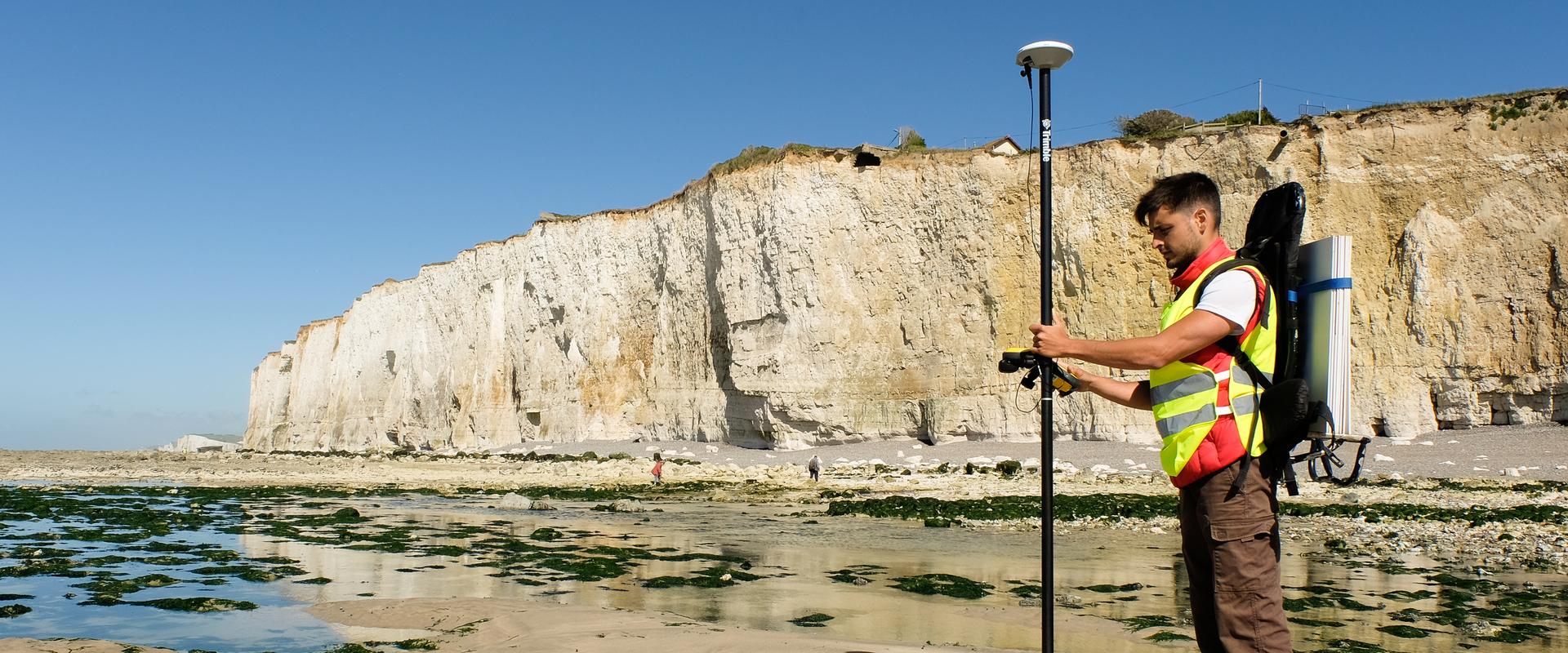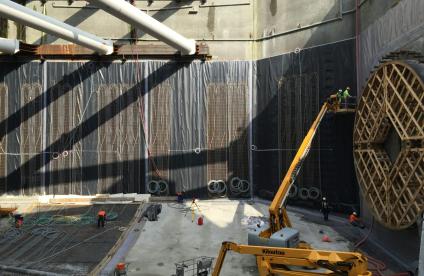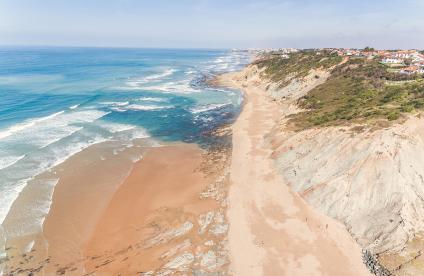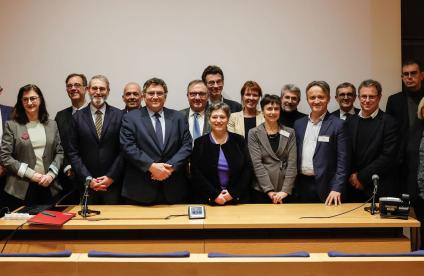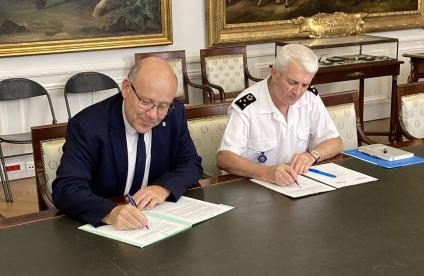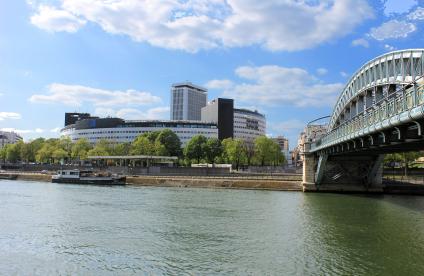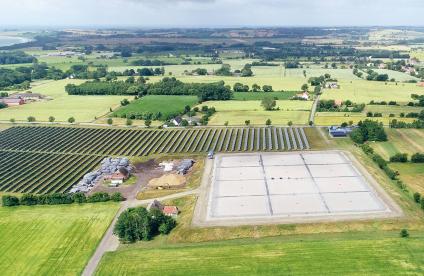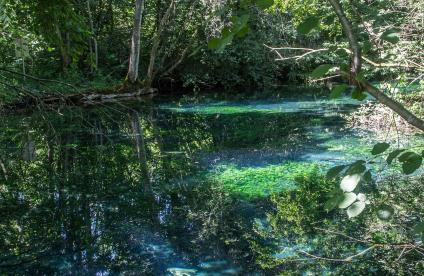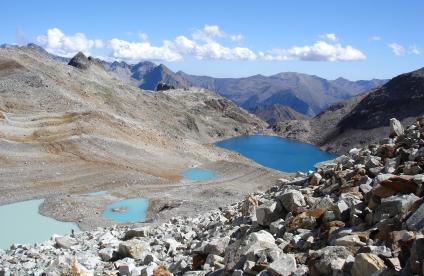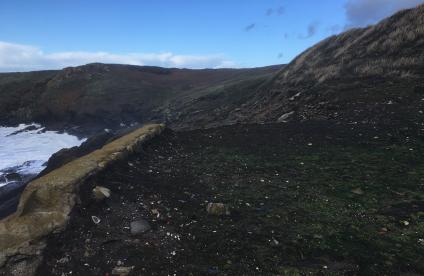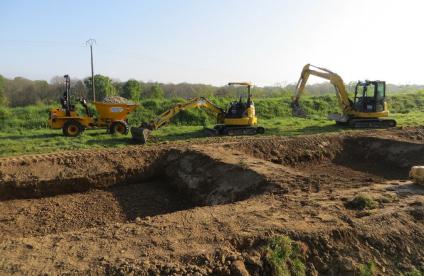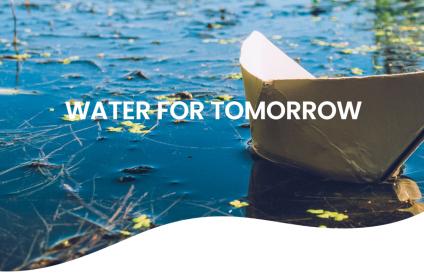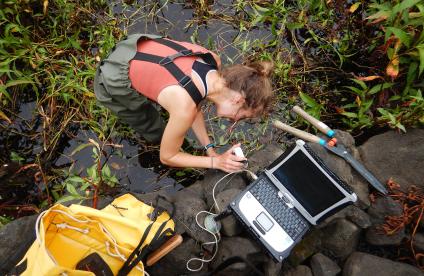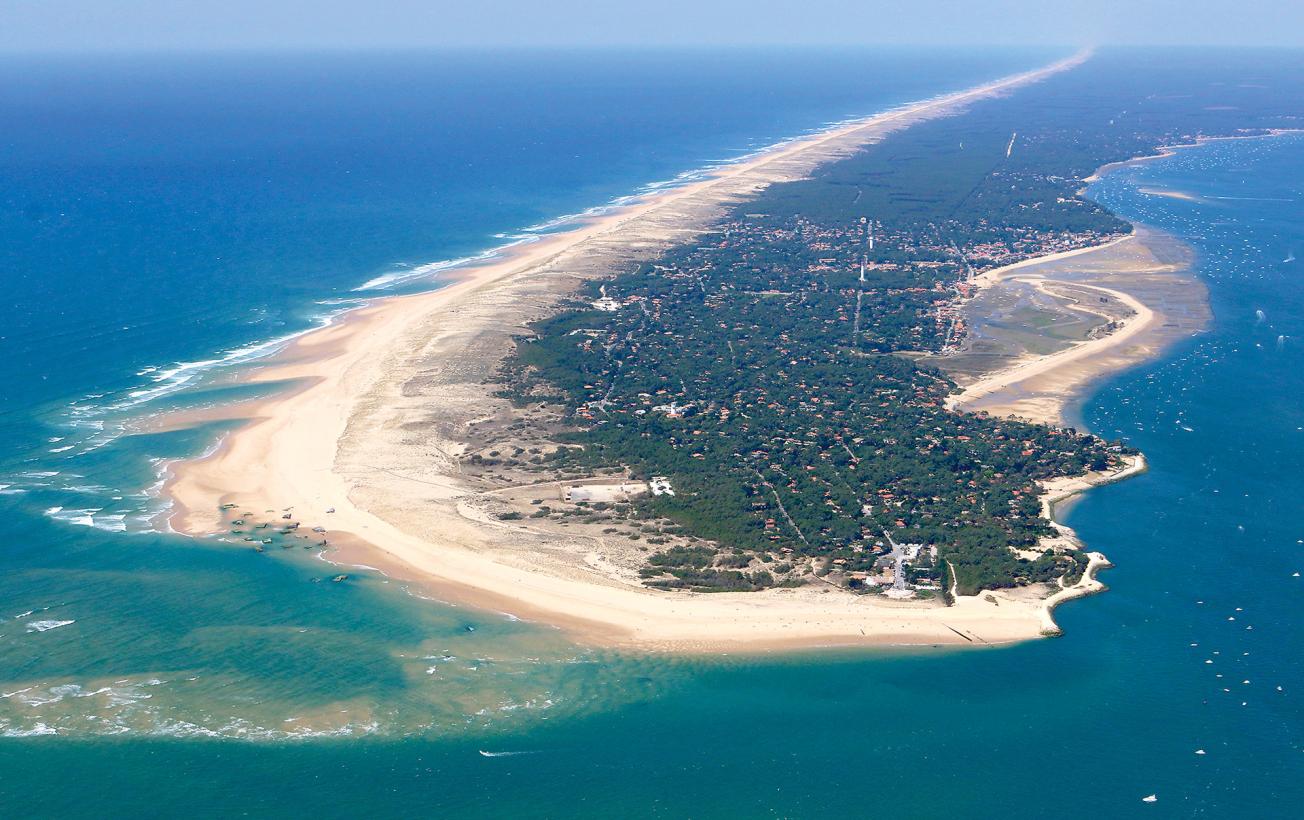
The sandy peninsula of Cap Ferret will have to adapt continuously to the changes caused by rising and variable sea levels.
© Observatoire de la Côte Aquitaine - Olivier Chaldebas
The BRGM has a vital role to play in these strategies, because the effects of climate change on our planet's biosphere, fluid envelope (ocean and atmosphere) and soils can be directly and indirectly linked with its solid envelopes, including subsoils from depths of a few metres below the surface.
We are involved in the scientific community's efforts to assess the consequences of global changes on soils and coastal erosion, on coastal and groundwater flooding, on land movement risks and on the quality and quantity of water resources. We also participate in technological developments for the energy transition or aiming to contribute to climate change mitigation (geological storage of CO2, energy storage, geothermal energy).
BRGM involvement in the energy transition to mitigate the effects of climate change
CO2 trapping and storage, drawing on R&D results achieved over the last thirty years, is one of the options recommended by the IPCC to mitigate the effects of climate change. The need today is to develop demonstrators, introduce legal and financial frameworks and provide society with relevant scientific information to assess the merits of storing CO2 in deep geological formations.
Geological reservoirs also offer opportunities for managing intermittent sources of carbon-free energy such as solar or wind (interseasonal heat storage, hydrogen or compressed air storage), or for storing fluids such as hydrocarbon fuels.
Finally, the BRGM is contributing to the promotion and development of geothermal energy, a renewable resource that draws on the Earth's natural heat.
Preserving groundwater and mineral resources
Climate change will exacerbate tensions over water resources, raising numerous challenges: preserving water quality, managing the influence of extreme climatic episodes, access to and sustainable management of water resources, etc. The BRGM plays a vital role in the protection of groundwater resources.
Prospecting, extracting and processing mineral resources all consume a great deal of energy. R&D efforts in this area must help to mitigate the effects of human activities on the Earth's climate. Through its involvement in the circular economy concept, the BRGM is working on technologies for more sustainable mining operations that use less energy and less water, and on optimising processes to recycle metals.
Anticipating risks to adapt to climate change
The BRGM is working to observe, understand and model the effects of climate change on soil and coastal erosion, coastal and groundwater flooding and land movement risks. We are developing analyses to support new planning strategies for regional and local areas and the adaptation of their activities.
Political and social demands in these areas are growing. This is why the BRGM is developing key multi-risk approaches that integrate not only the global impacts of climate change but also the consequences of human activities at more local scales.
Feature story: unprecedented climate variation on a geological scale
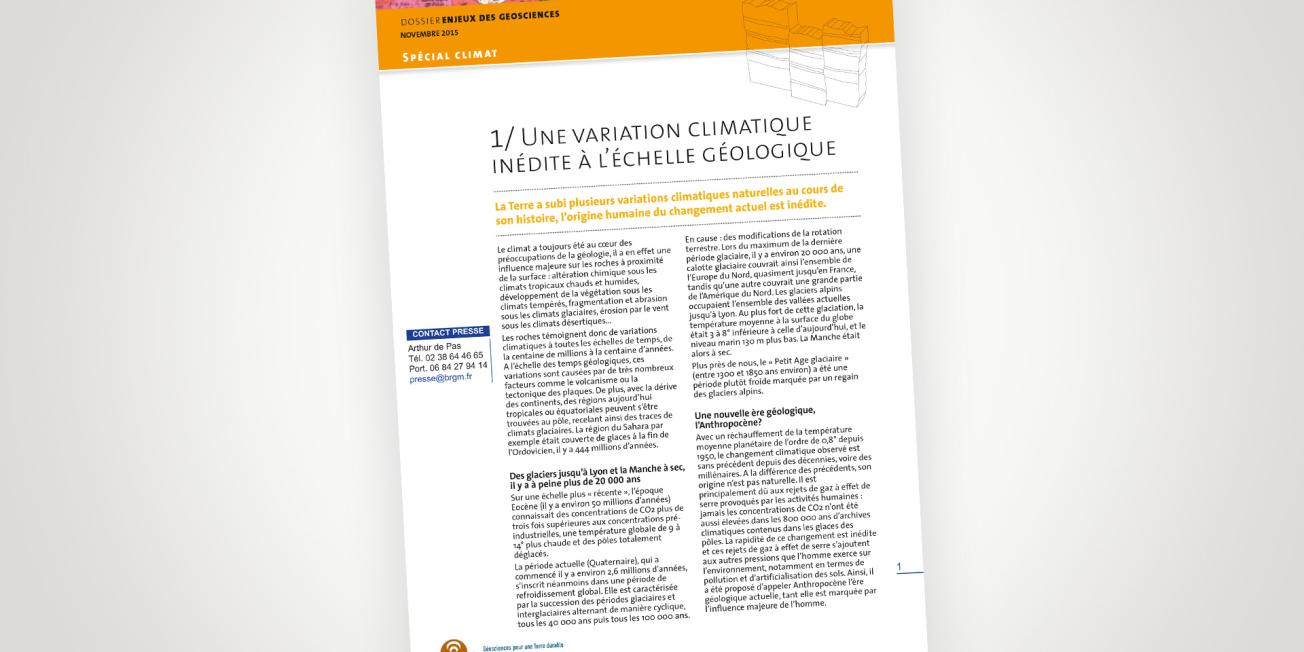
Cover of the thematic file.
© BRGM
Greater geological risks
Climate change is already evident when considering a number of climate variables such as mean sea level temperatures. As far as induced geological risks are concerned, it is above all future developments that are a cause for concern.
Mitigation solutions through geoscience
Subsurface resources and storage capacities offer solutions to help mitigate climate change.
Special feature


